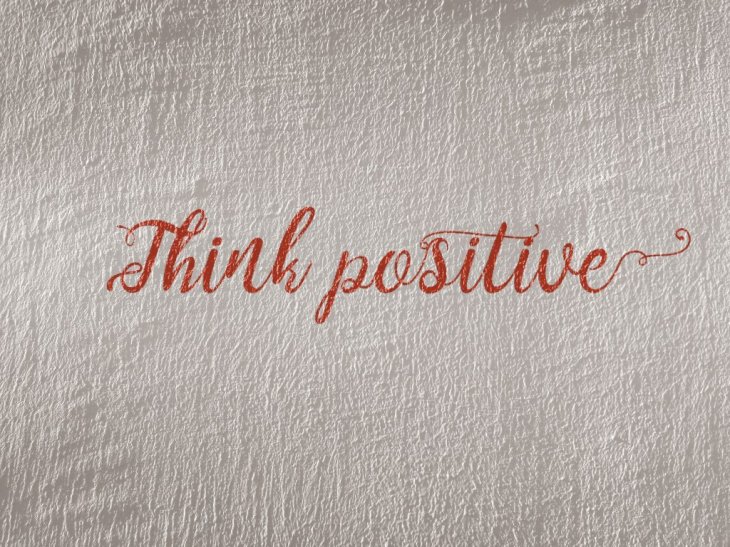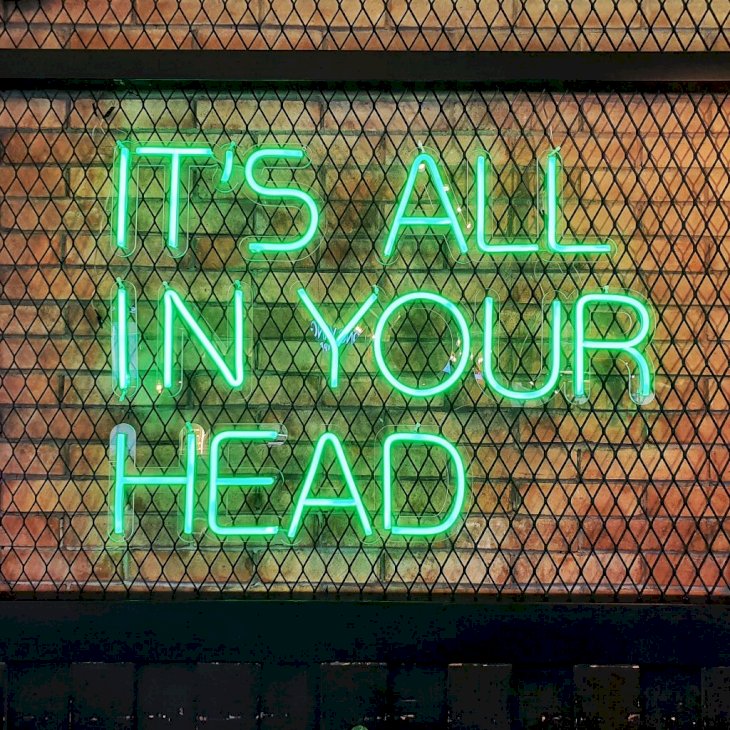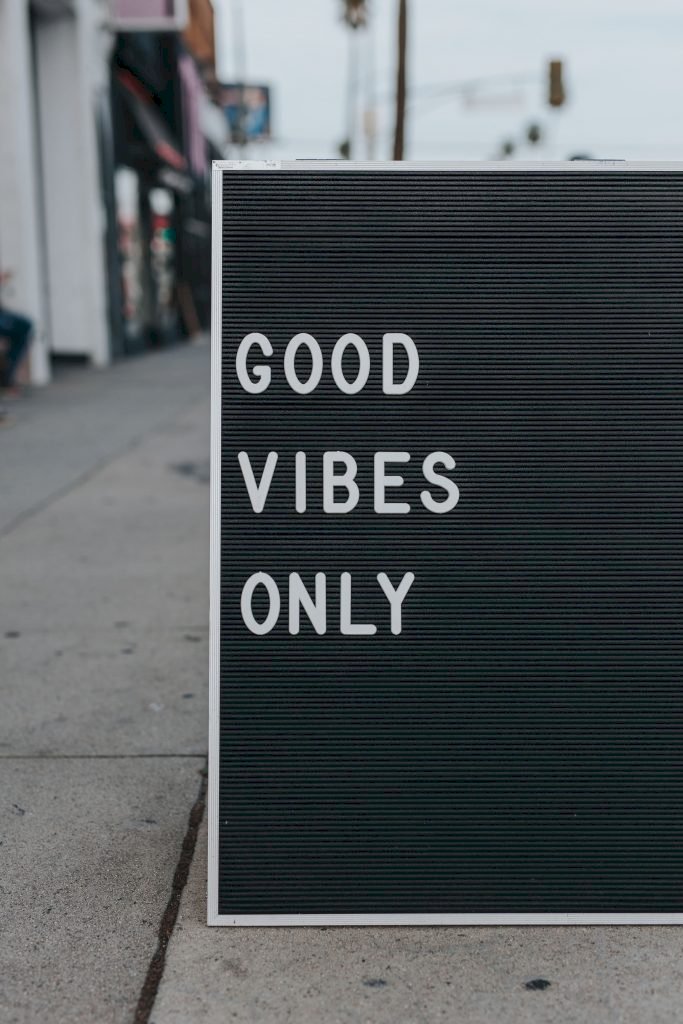
Say Goodbye To Toxic Positivity in 2021
Each year there are a few bad habits that we realize we need to shake to become better in the next. This may be the first year that we must face that too much positivity can be a bad thing.
Everyone should take time to reflect on their actions and behavior as we wrap up the year. It’s common to identify the bad habits we let slip throughout a year and address them to become better people.
2020 was an extraordinary year that required everyone to find different ways to cope with their feelings. Unfortunately, many of us may turn to toxic positivity, which may negatively affect the people around us.
What Is Toxic Positivity?

Photo by Viktor Forgacs on Unsplash
We have dealt with a lot of negative news stories and feelings over the past year. This overwhelming wave of negativity has forced many people to seek different coping strategies as things got worse.
Many people throw around phrases like ‘just be positive’ or ‘stay positive’ as a reflex. Although they mean well, these words contribute to toxic positivity, which clinical psychologists like Dr. Jamie Zuckerman explore.

Photo by Miguel Luis on Unsplash
“Toxic positivity is a societal assumption that a person, despite their emotional pain or gravity of their situation, should only strive to have a positive outlook.”
Says Dr. Jamie Zuckerman
Toxic positivity makes people feel that having negative thoughts or feelings is terrible. The ‘good vibes only’ attitude makes happiness unattainable to those who are feeling down because of the pressure it adds.
The Rise Of Toxic Positivity

Photo by MARK ADRIANE on Unsplash
The entire world had to deal with a global pandemic this past year, which increased uncertainty and anxiety. In addition to the coronavirus outbreak, we faced social unrest and socio-economic issues.
It is usual for people to feel anxious and upset during concerning times like we had in 2020. Sadness, worry, grief, and disappointment are all human emotions we all feel once in a while.

Photo by Artem Beliaikin on Unsplash
“We are currently experiencing the collective trauma of a global pandemic. It is uncertain, anxiety-provoking and often grief-inducing.”
Says Dr. Jamie Zuckerman
People have different ways of coping with these painful feelings, and some turn to optimism. Unfortunately, demanding positivity can have adverse effects on what one would expect from it.
Why Toxic Positivity Isn’t Helpful

Photo by Thomas Allsop on Unsplash
Toxic positivity encourages people to ignore their negative emotions and ‘look on the bright side.’ Unfortunately, this approach can make people feel worse in their situations, creating the opposite effect.
This blanket positivity cannot help solve significant issues such as food insecurity, death, or job loss. Many people do not have the privilege of picking back up and looking at a silver lining that doesn’t exist for them.

Photo by Brett Jordan on Unsplash
Toxic positivity can also contribute to making people feel invalidated in their feelings. People are allowed to feel grief, sadness, worry, or disappointment for whatever affects them to start healing.
Psychologists recommend that we sit with our feelings to process them properly. Bear this in mind the next time you get the urge to text a friend ‘stay positive!’ and ask them what support they need instead.